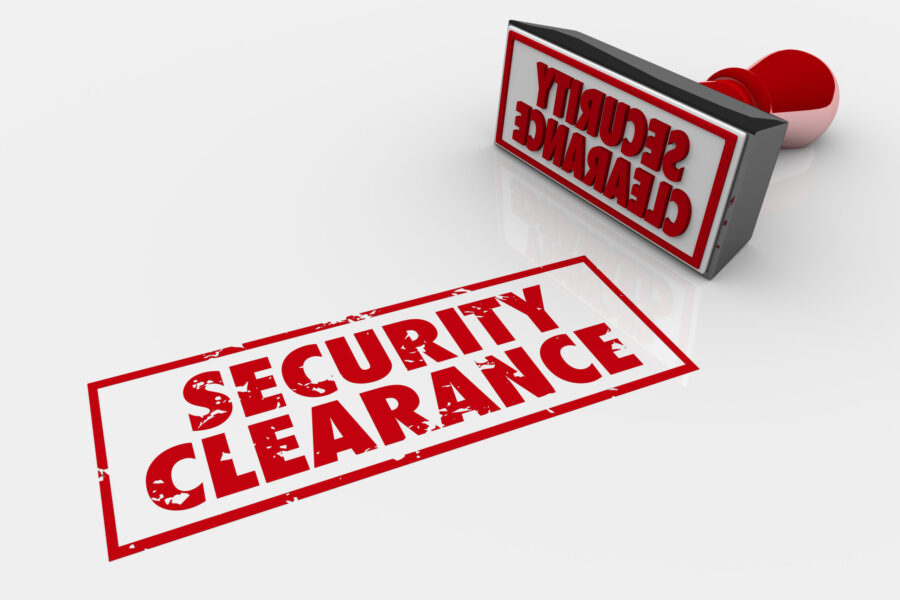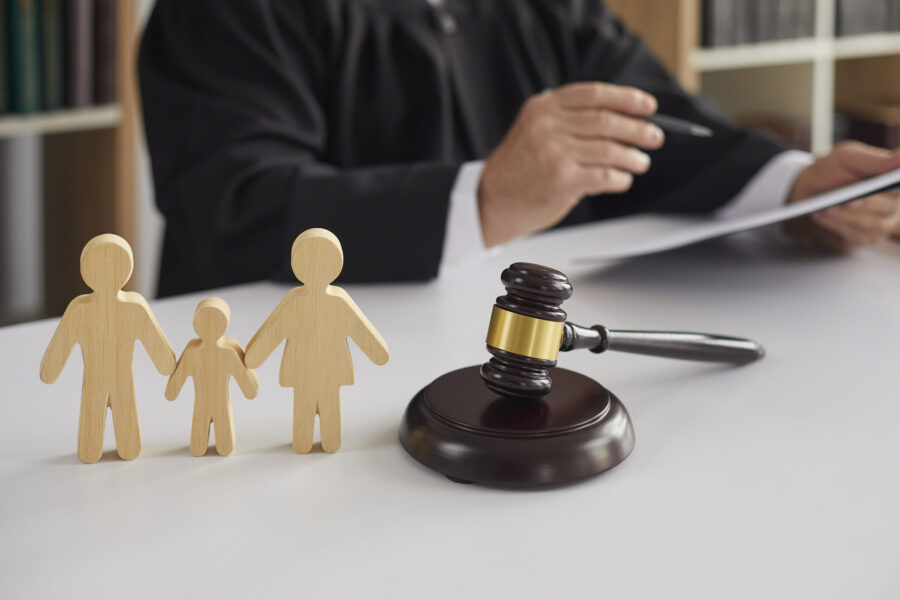Navigating a career that requires a security clearance comes with its own set of responsibilities, and maintaining personal conduct is at the forefront. As someone entrusted with access to sensitive information, your actions—on and off the clock—hold significant weight. A DUI (Driving Under the Influence) conviction can be more than just a legal inconvenience; it can jeopardize your security clearance and, in some cases, your career altogether. This article explores how a DUI conviction can impact your security clearance, the review process you might face, and the steps you can take to protect your standing.
Understanding the Link Between a DUI and Your Security Clearance
Your security clearance isn’t just a formality—it’s a testament to your reliability, judgment, and trustworthiness in handling critical information. When facing a DUI conviction, it’s crucial to understand how it could raise questions about your personal conduct and decision-making abilities. The severity of the impact often depends on the level of clearance you hold.
For individuals with low-level clearances, the consequences vary based on whether this is a first-time offense or part of a broader pattern of concerning behavior. While a single DUI might be less impactful, repeated offenses signal deeper issues, such as substance misuse or a lack of accountability. For those holding high-level clearances or positions requiring Top Secret access, the stakes are even higher. A DUI could lead to a suspension or an outright revocation, as decision-makers scrutinize whether such behavior undermines trust and national security.
It is important to note that even misdemeanor DUI convictions can trigger a review of your clearance status, so dismissing the seriousness of the situation is not an option.
How the Security Clearance Review Process Works
Once a DUI conviction is on record, your security clearance may undergo a formal review. The review process is thorough and guided by the standards outlined in the Adjudicative Guidelines for Determining Eligibility for Access to Classified Information. Among the 13 criteria detailed in these guidelines, personal conduct frequently takes center stage for DUI cases.
The personal conduct criterion evaluates your overall behavior and character. Reviewers assess whether your actions indicate poor judgment or pose a risk to national security. A DUI conviction raises red flags because it suggests potential lack of control, lapses in judgment, or disregard for the law—all of which can conflict with the responsibilities tied to a security clearance.
Additionally, the financial burden often associated with DUI convictions—fines, legal fees, and potential increases in insurance premiums—can be another concern. Accumulating financial stress might inadvertently create vulnerabilities, such as susceptibility to influence or pressures from adversaries.
The review process will usually include interviews, character references, and evaluations of any patterns of misconduct. Decision-makers weigh the DUI offense against mitigating factors, considering the broader context of your actions and your efforts to address the issue.
What You Can Do to Mitigate the Impact of a DUI on Your Clearance
Facing a DUI charge while holding a security clearance can be daunting, but your actions in response to the charge play a critical role in mitigating its impact. The first step is seeking qualified legal advice. A skilled criminal defense lawyer, especially one experienced in handling cases for those with security clearances, can help you build a strong defense or work toward minimizing the severity of the conviction.
It’s also essential to take responsibility for your actions. Demonstrating accountability can show decision-makers that the DUI incident is an isolated event rather than an ongoing pattern. Enrolling in an alcohol education or rehabilitation program shows proactive efforts to address the root cause of the conviction and underscores your commitment to self-improvement.
Maintaining open communication with your employer or supervisor may also be beneficial. Transparency allows you to explain the situation directly, rather than letting it come to light during a clearance review. This effort may preserve trust and signal that you are handling the situation responsibly.
Lastly, gather character references from colleagues, supervisors, or community members who can vouch for your integrity and reliability. Positive testimonials can offset concerns about judgment or trustworthiness during the review process.
Take Action to Protect Your Career
A DUI conviction doesn’t just end in fines or court rulings; it can ripple into your professional life, especially if you hold a security clearance. The risks are significant, but taking prompt, strategic action can help preserve your standing. Remember, the key to mitigating the impact of a DUI is seeking legal advice early, demonstrating accountability, and proactively addressing potential concerns.
If you’re facing a DUI charge and hold a security clearance, it’s critical to act quickly. At Invictus Law, we specialize in criminal defense for individuals with security clearances. Our experienced attorneys understand the stakes and are committed to helping you safeguard your career. Don’t leave your future to chance—call us today at 757-337-2500 to schedule a consultation. We’re here to guide you every step of the way.




